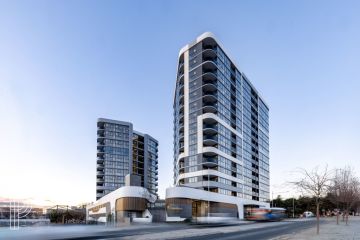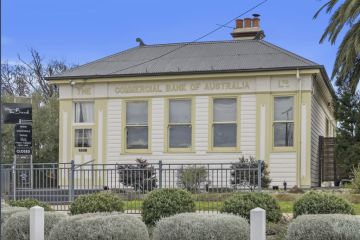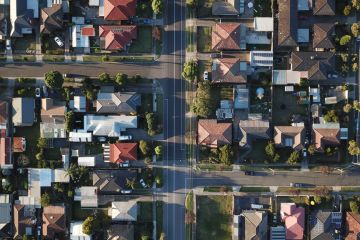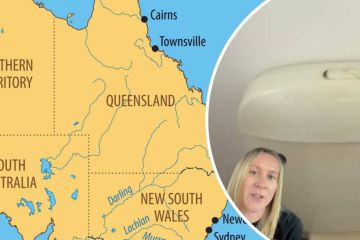Federal budget 2019: Government slammed for lack of affordable housing measures
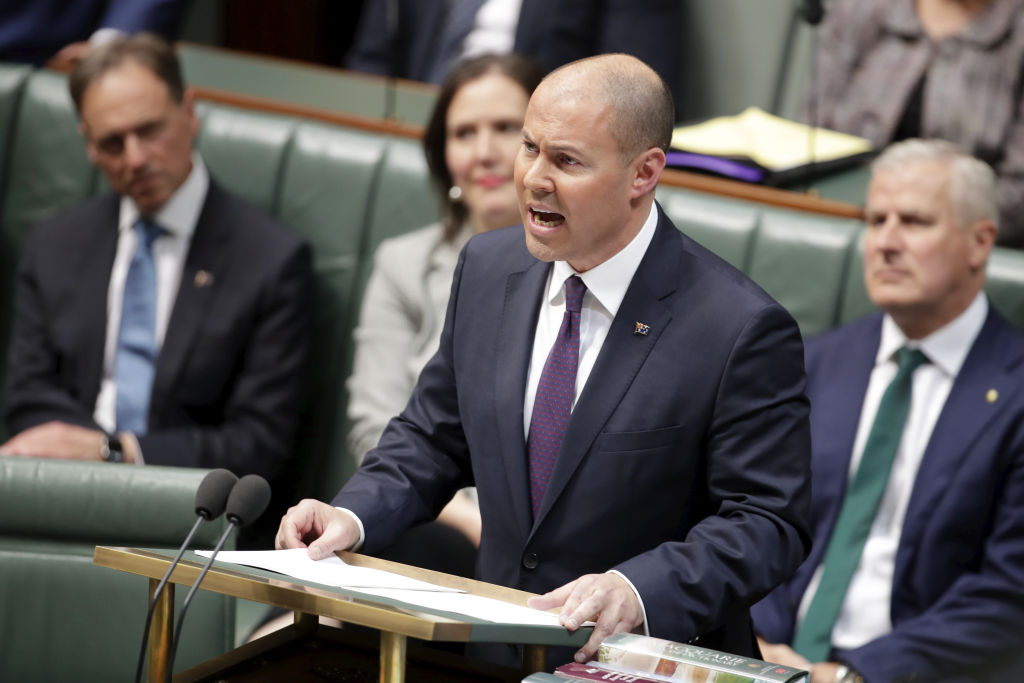
The federal government has come under fire for its lack of focus on new housing affordability measures in Tuesday night’s budget.
Despite Treasurer Josh Frydenberg declaring “housing affordability is a priority for our government”, there were no new announcements on the issue.
The Coalition recommitted to its promise from last year’s budget to give $1.6 billion to states and territories for the National Housing and Homelessness Agreement, and have pledged extra money to NSW for community housing regulation and to the Northern Territory for remote housing.
Hobart was also promised $30 million for 100 new social housing dwellings.
Beyond that, the budget remained quiet on housing.
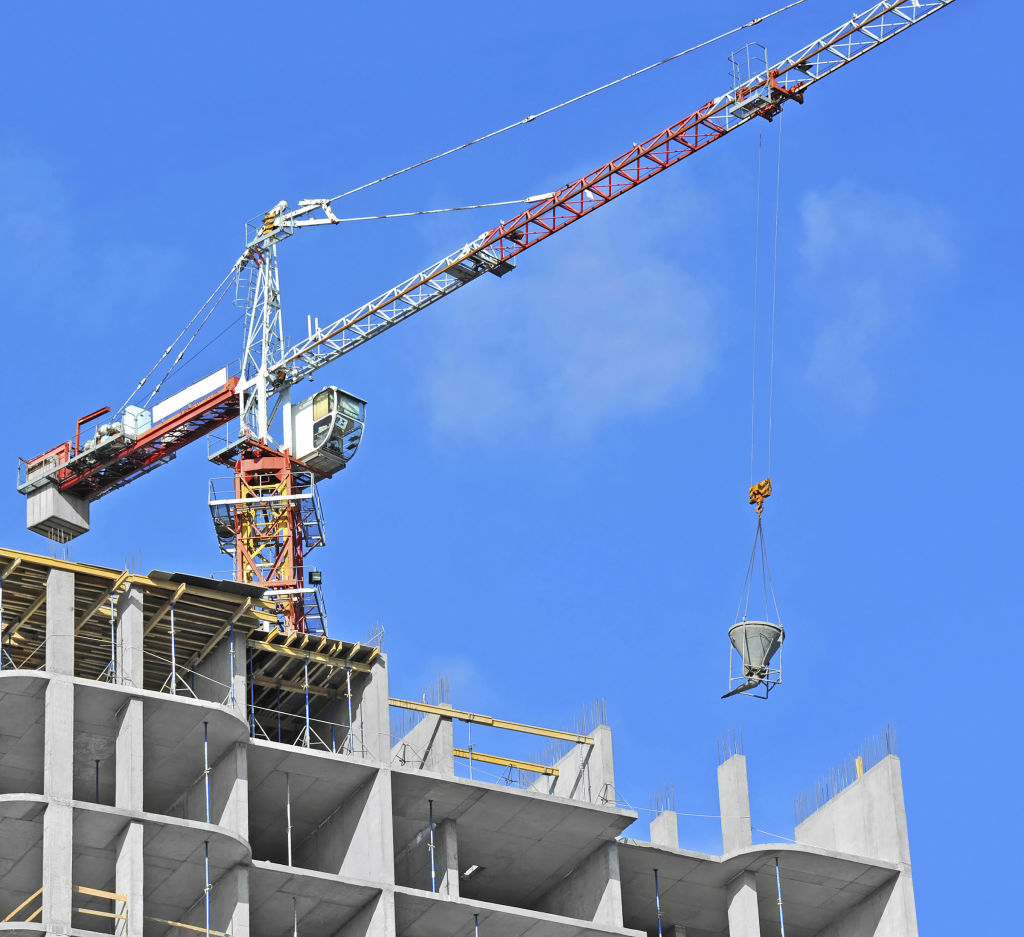
Nicole Gurran, professor of urban planning at the University of Sydney, welcomed the continuation of existing commitments but said overall the budget was underwhelming when it came to affordable housing.
“It’s disappointing, particularly given there is a concern around housing affordability and around a depressed period of construction. It would have been a good opportunity to boost social housing supply,” she said.
Mission Australia chief executive James Toomey said the government had neglected the needs of thousands of people.
“Australia’s housing system remains broken and in urgent need of repair and investment,” he said.
“We urgently need a commitment to at least 500,000 new social and affordable homes by 2030, so that the thousands of people and families who simply can’t afford private rent aren’t pushed into [precarious] and unsafe living situations.”
- Related: On the housing front, the budget leaves you wanting more
- Related: $100b pledged for roads and fast rail
- Related: $1.7b for affordable housing but little new
In his budget speech, Mr Frydenberg highlighted the recent $300 million social bond issued by the National Housing Finance and Investment Corporation developed from the 2017 budget. This acknowledgement was praised by PowerHousing Australia chief executive Nicholas Proud.
“The nation built the most significant social bond and National Housing Finance Investment Corporation in the two years since budget 2017, and further work around this infrastructure boost will be needed to tackle affordable housing deficits across the nation,” he said.
“It was terrific to see the Treasurer referencing NHFIC’s work in [the] budget speech. Their support will enable our members to scale up and deliver the affordable housing at a scale that Australians need.”
But Mr Proud warned the housing affordability budget of two years ago should not be a one-time approach, particularly as housing construction is expected to continue to decline.
“While there is a federal election campaign just days away, the innovative leadership of the 2017-18 budget should not be a one-off, particularly as we are heading to declines in future year building approvals of up to 50,000 dwellings compared to the levels experienced in the year up to March 2018,” he said.
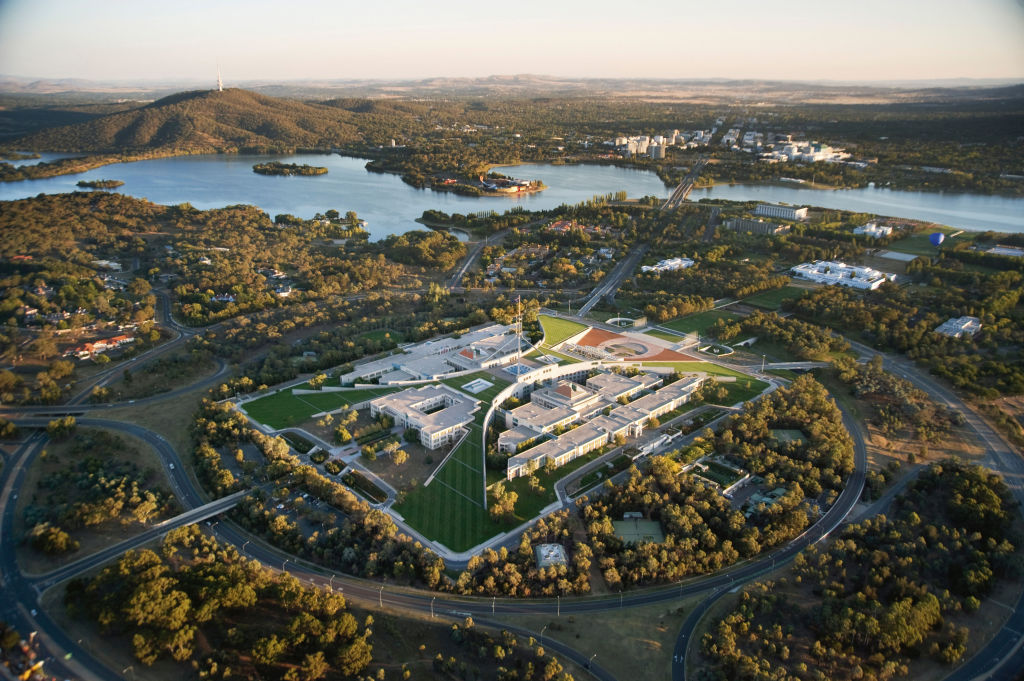
Even though falling house prices offered an opportunity for the government to focus less on new housing affordability measures this year, rents remain elevated in major cities.
While house prices fell last year, house rents increased in all capital cities besides Sydney and Darwin, according to Domain data.
Canberra rents are the highest at $560 per week, followed by Sydney at $540, Darwin at $500 and Melbourne at $440.
The Coalition more than doubled personal tax cuts for low to middle-income earners, but National Shelter spokesperson Adrian Pisarski said the cuts won’t “dent the rent”.
“The tax cuts offered by the government may add $5 to the budgets of people on incomes up to $708 per week. But $5 a week won’t dent the rent. Even $20 a week for incomes of $919 per week doesn’t help that much against often rising rents of $400 or $500 a week that many on those incomes face,” he said.
Mission Australia’s Mr Toomey said the budget was a “wasted opportunity” in terms of the rental market.
“The federal budget was also a wasted opportunity to provide increased rent assistance for those of us who rent, to make homes more affordable, accessible and permanent,” he added.
We recommend
States
Capital Cities
Capital Cities - Rentals
Popular Areas
Allhomes
More
